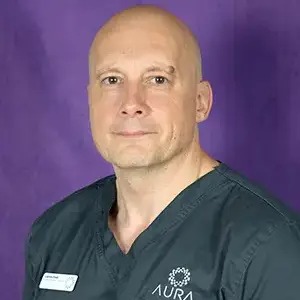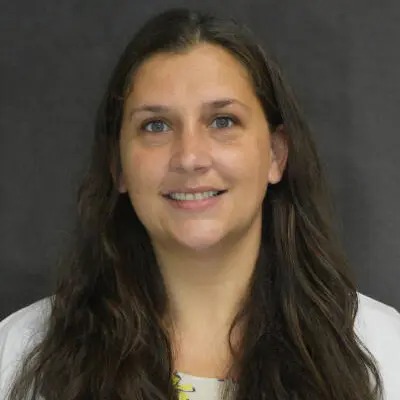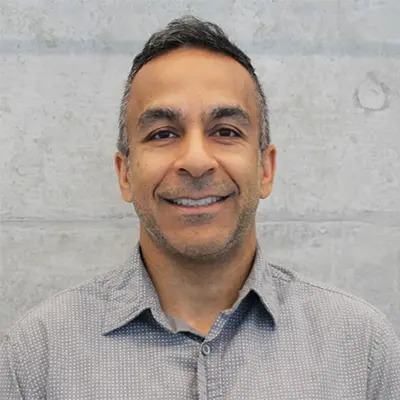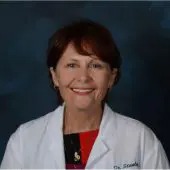Closing Large Skin Defects in General Practice: Skin Closure Techniques
Species
Small Animal
Contact Hours
3 Hours - RACE Approval Pending
Language
English
Discipline
Anaesthesia & Pain Management
Diagnostic Imaging
Internal Medicine – Endocrinology, Haematology, Infectious Diseases, Parasitology & Oncology
Pathology - Clinical & Gross
Surgery
Veterinary Partner
Small Animal
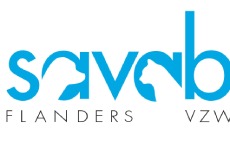
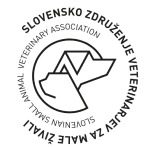

Time: London 6PM / Paris 7PM / New York 1PM / Sydney 3:00AM (+1)
Panelists:
Laurent Findji DMV, MS, DECVS, MRCVS - AURA Veterinary, UK
Kathleen Ham DVM, MS, DACVS(SA) - University of Florida, USA
Ameet Singh DVM, DVSc., DACVS - University of Guelph, Canada
Moderator:
Bryden Stanley BVMS, MVETSC, MACVSC, DACVS - Michigan State University, USA
PANEL DISCUSSION DESCRIPTION
Wounds can be created in veterinary patients in a multitude of ways, mainly traumatic – i.e. an injury – or intentional – i.e. surgical incision. Sometimes these wounds are small enough to be easily closed or in a convenient location that lends itself to a relatively straightforward closure, however often that is not the case. Even with “intentional” surgical wounds they can be in a location or of a size – for example removing a large mass - that means that closure is challenging to say the least.
Add to that potential compounding factors such as infection, patient temperament, extent of the injury, financial constraints and owner compliance, and treating these wounds becomes a lot more complex and potentially catastrophic should the wrong decision be made.
The aim of wound closure and or reconstruction is to ensure that the patient can return to normal function as quickly as possible. As such, decision making regarding closure technique is essential. Closure options can range from simple oppositional sutures to more complex skin flaps, grafts and alternative or regenerative suggestions for managing wounds as partially open until such time as closure can be attempted.
In this fascinating discussion our multidisciplinary panel of world renowned experts will share their expertise, decision making thought processes and techniques for closing these large skin defects that may or may not be of our own creation.
Questions from the audience are encouraged and welcomed.
Laurent graduated from Paris Vet school, in France, and was subsequently assistant instructor in the anatomy department for a year. He then qualified for a 2-year surgical internship in the same school and later completed a Master of Science in Biology and Physiology of Circulation and Respiration, as well as a university degree in Experimental Surgery and Microsurgery.
He completed an ECVS residency at the Centre Hospitalier Vétérinaire Frégis, near Paris and became a Diplomate of the European College of Veterinary Surgeons in 2008. He was recognised as a specialist in small animal surgery by the Royal College of Veterinary Surgeons in 2012.
Laurent worked at VRCC Veterinary Referrals in Essex, from 2006 to 2014, where he was one of the full-time soft-tissue surgeons and directors. In October 2014, he co-founded Fitzpatrick Referrals Oncology and Soft Tissue hospital, which became AURA Veterinary in August 2022, where he remains a senior consultant surgeon and a director. His fields of interest include oncologic, reconstructive and general soft tissue surgeries.
More Info
Kathleen Ham is a Clinical Associate Professor in the Department of Small Animal Clinical Sciences at the College of Veterinary Medicine, University of Florida.
Besides her clinical and research interests, she loves teaching and medical education is a passion.
More InfoAmeet graduated veterinary school from the Atlantic Veterinary College in Prince Edward Island, Canada in 2006 and subsequently completed a small animal internship and surgical residency at the Ontario Veterinary College (OVC), University of Guelph in 2010. He has remained at the OVC as a small animal surgeon and faculty member and is currently a Full Professor of Small Animal Surgery in the Department of Clinical Studies. He is a past- president of the Veterinary Endoscopy Society and an American College of Veterinary Surgery Founding Fellow of Minimally Invasive Surgery. He has provided training laboratories and lectures throughout North America, Europe and Asia. His research interests are focused on the development and advancement of minimally invasive surgery in small animals.
Originally a graduate of Murdoch University, Australia, Dr. Bryden J. Stanley did her surgery residency and Master’s degree at the University of Saskatchewan, Canada. Dr. Stanley’s first faculty appointment was at the University of Edinburgh, but she has been at Michigan State University since 1999. Bryden’s clinical interests are all aspects of soft tissue surgery; her research interests are upper respiratory conditions and wound healing. Current studies include: laryngeal paralysis, the Norwich terrier and brachycephalic upper airway, NPWT, amnion and honey-based products. She publishes frequently, has received many teaching awards and lectures widely at a national and international level.
More InfoQualified Vet
Online Panel Discussion
USD 110.00
Intern/Resident/PhD (Requires proof of status)
Online Panel Discussion
USD 80.00
Vet Nurse/Vet Tech (Requires proof of status)
Online Panel Discussion
USD 80.00
Veterinary Student (Requires proof of status)
Online Panel Discussion
USD 20.00
If the options you are looking for are unavailable, please contact us.
No tax will be added unless you are a UK taxpayer
Choose currency at checkout

 Thu, 17 July, 2025
Thu, 17 July, 2025
 01:00 pm - 04:00 pm
(Your Local Time Zone)
01:00 pm - 04:00 pm
(Your Local Time Zone)


